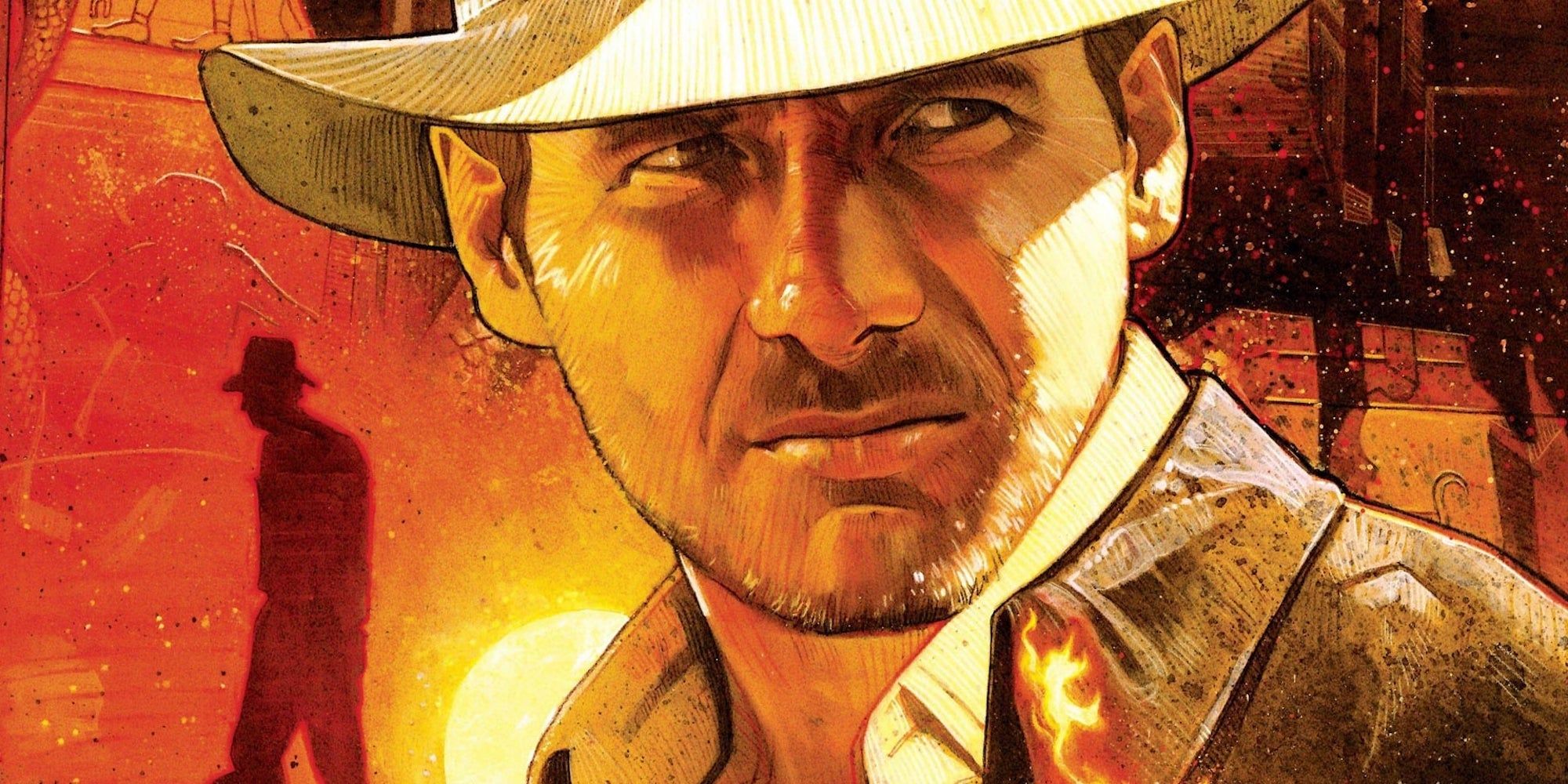
The Enduring Legacy of Steven Spielberg
Steven Spielberg is one of the most influential and beloved filmmakers in cinematic history. Over the past five decades, he has crafted a body of work that spans genres, from heartwarming family films to intense dramas and groundbreaking blockbusters. His movies have not only entertained millions but also shaped cultural touchstones that continue to resonate with audiences across generations.
Spielberg’s ability to blend spectacle with emotional depth has made his films some of the most rewatchable in film history. Whether seen as a child or an adult, his stories often reveal new layers with each viewing. This enduring appeal is due in part to his mastery of storytelling, visual effects, and character development.
Close Encounters of the Third Kind (1977)
Few films capture the essence of wonder and curiosity like Close Encounters of the Third Kind. It's a cinematic experience that blends awe with domestic drama, culminating in one of the most transcendent moments in film history—the “five tones” sequence between humans and extraterrestrials. The film’s emotional resonance changes with age, offering different perspectives to viewers at various stages of life. For younger audiences, it's a tale of passion and discovery; for adults, it becomes a reflection on obsession and sacrifice.
Spielberg himself has noted that he would approach the ending differently now, highlighting how personal experiences shape the way we view his work. Revisiting Close Encounters is more than just a trip down memory lane—it’s a journey through evolving priorities and values.
Schindler’s List (1993)
Schindler’s List marks a turning point in Spielberg’s career, showcasing his growth as a filmmaker capable of tackling serious and emotionally powerful subject matter. Told in black and white, the film tells the story of Oskar Schindler, a man who saved over a thousand Jews during the Holocaust. It is both a tribute to humanity’s resilience and a reminder of the moral responsibilities of storytelling.
The film’s stark cinematography and haunting score, composed by John Williams, add to its emotional weight. While it is not an easy film to revisit, it is one that demands attention and reflection. Its power lies in its ability to connect with viewers on a deeply human level.
Saving Private Ryan (1998)
Saving Private Ryan is another film that balances spectacle with profound emotion. The opening D-Day sequence is one of the most realistic and harrowing depictions of war ever filmed. It sets the tone for a story that explores the moral complexities of war and the sacrifices made by soldiers.
The film’s quieter moments are just as impactful, focusing on the humanity within the chaos. It honors the service of veterans while reminding viewers of the cost of patriotism. The balance between action and emotion makes it one of the greatest war epics ever made.
Minority Report (2002)
Minority Report is a sci-fi thriller that delves into themes of free will, surveillance, and government control. Based on a Philip K. Dick story, it presents a future where crimes can be predicted before they happen. The film combines futuristic technology with noir elements, creating a unique and engaging narrative.
Tom Cruise delivers a compelling performance as a man on the run, while the film’s inventive vision of the future remains relevant today. Despite being over two decades old, Minority Report still feels fresh and thought-provoking.
A.I.: Artificial Intelligence (2001)
A.I.: Artificial Intelligence was initially misunderstood but has since gained recognition as one of Spielberg’s most philosophical works. It explores themes of love, mortality, and humanity through the story of David, a child android longing to be loved.
The film’s complex narrative and rich world-building make it a rewarding experience upon repeated viewings. As technology evolves, the film’s questions about artificial intelligence become even more relevant.
E.T.: The Extra-Terrestrial (1982)
E.T. is a film that taps into pure emotional memory. It captures the innocence and wonder of childhood, telling the story of a boy and the alien he befriends. Every scene, from the iconic bike ride to the tearful farewell, resonates deeply with viewers.
As an adult, watching E.T. feels like returning to childhood, offering a perspective that is both nostalgic and sincere. It remains one of the most beloved films of all time.
The Fabelmans (2022)
The Fabelmans is Spielberg’s most personal film, exploring how cinema shaped his life and identity. It offers a tender and revealing look at his early years, transforming previous works into something deeper when viewed alongside this film.
The film is a meditation on art as survival, capturing the power and danger of creativity. It is a fitting culmination of Spielberg’s career, offering a glimpse into the mind of one of cinema’s greatest storytellers.
Jaws (1975)
Jaws revolutionized the blockbuster genre and remains a masterclass in suspense and storytelling. Its use of tension and absence, along with John Williams’ iconic score, makes it a timeless classic.
Beyond its scares, Jaws also contains a biting commentary on bureaucracy and greed, making it a film that continues to feel relevant.
Jurassic Park (1993)
Jurassic Park brought dinosaurs back to life, combining cutting-edge special effects with a thrilling narrative. The film’s pacing and execution remain impressive, even after countless sequels and imitators.
Its blend of awe and anxiety makes it a perfect example of Spielberg’s ability to balance entertainment with thoughtful storytelling.
Raiders of the Lost Ark (1981)
Raiders of the Lost Ark is a perfect blend of adventure, humor, and action. It introduced Indiana Jones as a pop-culture icon and set the standard for modern action films.
Every frame is packed with iconic moments, making it one of the most exciting movies ever made. It is a timeless adventure that continues to captivate audiences.

Post a Comment